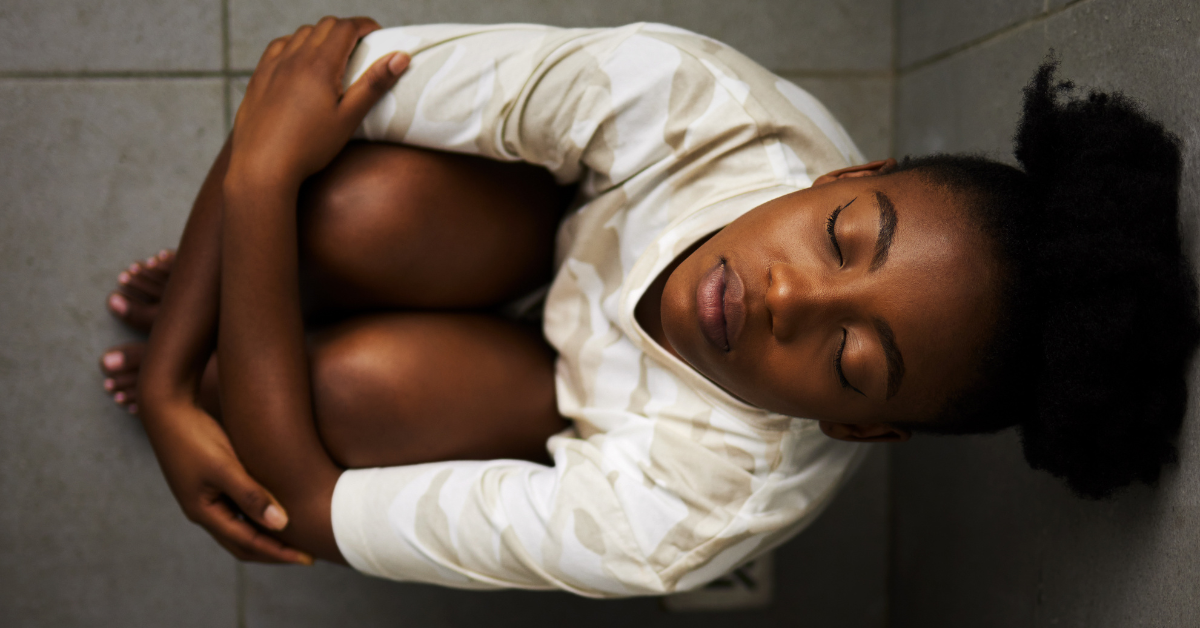
Preventing Suicide in the African American Community
While it hasn't always been widely discussed, the rise in suicide rates among young African American men and teens has become a pressing concern in recent years. Tackling this issue in the African American community comes with its own set of unique challenges.
Stigma Surrounding Mental Health
In the African American community, mental health challenges are sometimes seen as a sign of weakness, and there can be pressure to keep up a strong, resilient front. This perception often comes from a historical mistrust of healthcare systems and a lack of culturally relevant mental health education.
- Historical and Systemic Barriers
Discrimination, economic inequality, and limited access to quality mental health care can make it tough to address existing mental health issues. For many, the stress and trauma from experiences of racism and marginalization can lead to feelings of hopelessness.
- Limited Access to Culturally Competent Care
Mental health services might not always be culturally sensitive, which can lead to mistrust or ineffective treatment. There's a shortage of African American mental health professionals, and non-African American therapists might not fully grasp or address the cultural context of their African American clients.
- Youth and Suicide Rates
Research indicates that African American children under 12 have higher suicide rates than their white peers. The mix of racial stressors, bullying, and family expectations can increase vulnerability among young African American individuals.
Faith and Spirituality
Faith leaders and religious institutions are often turned to for support during mental health crises. Churches and spiritual communities play a vital role, but religious advice alone might not always address clinical depression or suicidal thoughts. Building stronger partnerships between faith-based communities and mental health services could lead to better outcomes.
Community-Based Solutions
The most effective ways to prevent suicide in the African American community involve community-driven approaches. Peer support, community health initiatives, and advocacy from grassroots organizations are key. Initiatives like creating safe spaces to discuss mental health, boosting representation in mental health professions, and promoting culturally competent services can truly make a difference.
Promoting Mental Health Awareness
Normalizing conversations around mental health through campaigns, public forums, and school-based programs are essential. Programs like the Brother, You're on My Mind campaign by Omega Psi Phi Fraternity focuses on raising awareness of mental health among African American men.
To truly nurture hope and healing in the African American community, suicide prevention must embrace:
- Heartfelt education that raises awareness about mental health and suicide prevention, using materials and campaigns that resonate deeply with cultural experiences.
- A compassionate collaboration with community and religious leaders, joining hands with mental health professionals to provide comprehensive support.
- Thoughtful interventions in schools, crafted to address the unique mental health challenges and pressures faced by African American youth.
- A passionate advocacy for policy changes that dismantle systemic barriers in mental health care, ensuring support services are accessible, affordable, and culturally attuned to the needs of marginalized communities.
At Lifeologie Counseling Midlothian, our team has culturally competent counselors who specialize in treating the unique needs of our BIPOC community – including children and teens who are at significant risk for suicide and self harm. Reach out to us at (214) 530-2335 or find a Lifeologie therapist near you.

About Camille Davis Hayes
Dr. Camille Davis Hayes is passionate about helping others address emotional issues that interfere with them being their best selves. Camille is well-versed in testing and evaluations and offers ADHD, autism, cognitive, and personality testing to help individuals better understand their cognitive abilities. She has a special interest in generational trauma, racial trauma and oppression, grief, and women’s and men’s issues. She works with individuals, couples, and families. She is the owner of Lifeologie Counseling Midlothian.
Meet Me.png)
.png)

.png)
